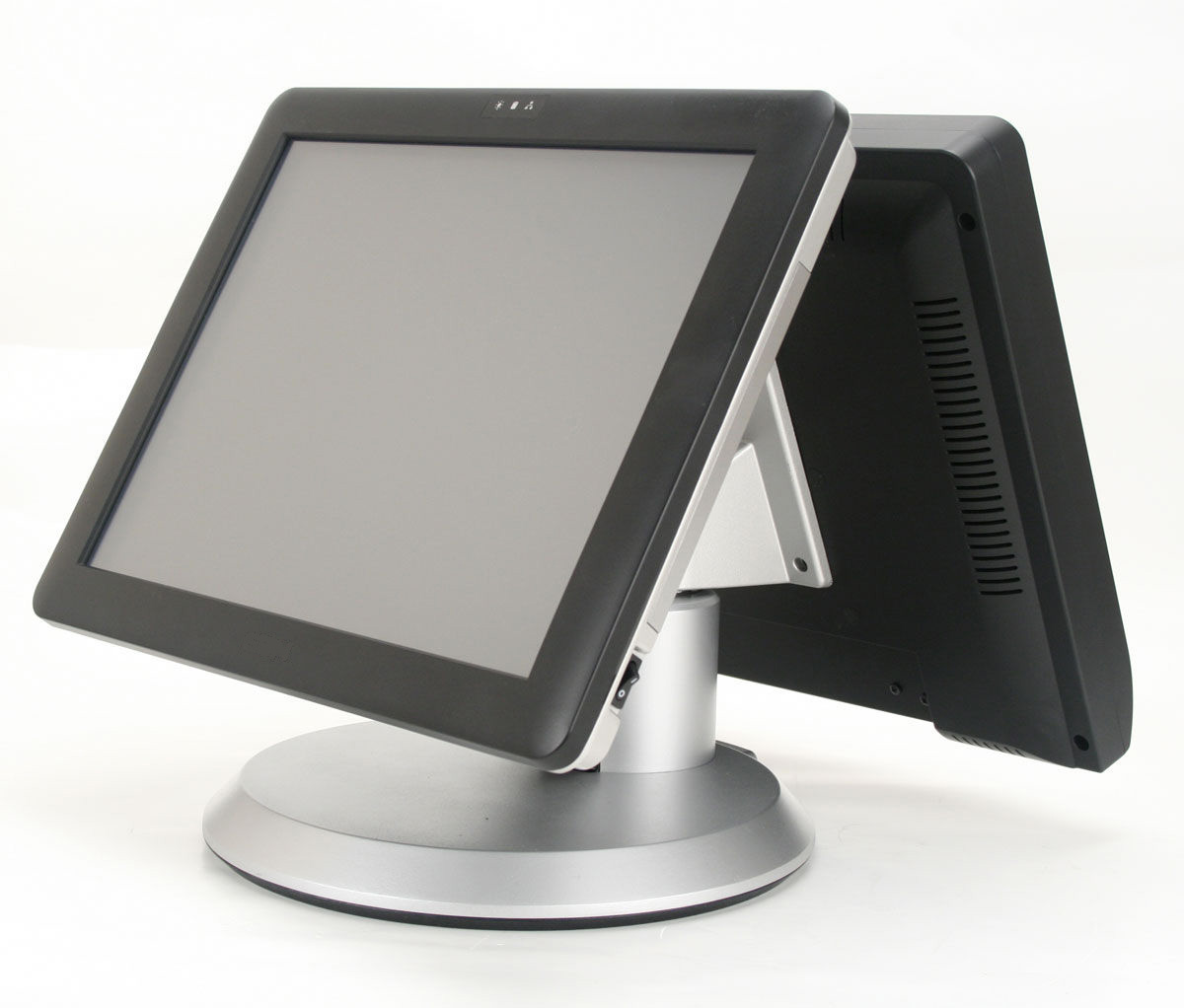 Touchscreen point-of-sale devices are ubiquitous, and the next wave of ADA lawsuits will undoubtedly be against businesses that use them. This is easy to predict because on April 10 the DOJ filed a “Statement of Interest” supporting the claims of the plaintiff in New v. Lucky Brand Dungarees Stores, Inc. (Case No. 14-CV-20574 in the Southern District of Florida). New has filed several lawsuits making essentially the same claim; that is, that a touch screen point of sale device violates the ADA because a blind user cannot input his or her PIN when using a debit card. Unlike a traditional keypad, the touchscreen has no tactile clues as to where to push for the PIN numbers, forcing a blind person to rely on the sales clerk or a third party to input the PIN. This, of course, compromises the security of the debit card.
Touchscreen point-of-sale devices are ubiquitous, and the next wave of ADA lawsuits will undoubtedly be against businesses that use them. This is easy to predict because on April 10 the DOJ filed a “Statement of Interest” supporting the claims of the plaintiff in New v. Lucky Brand Dungarees Stores, Inc. (Case No. 14-CV-20574 in the Southern District of Florida). New has filed several lawsuits making essentially the same claim; that is, that a touch screen point of sale device violates the ADA because a blind user cannot input his or her PIN when using a debit card. Unlike a traditional keypad, the touchscreen has no tactile clues as to where to push for the PIN numbers, forcing a blind person to rely on the sales clerk or a third party to input the PIN. This, of course, compromises the security of the debit card.
The defendant has argued that in the absence of any regulation providing touch screen standards there can be no violation of the ADA, and that in any event using the debit card as a credit card provides a secure equivalent. The first argument seems unlikely to prevail. As the DOJ points out in its Statement of Interest, discrimination under the ADA is not defined in terms of the DOJ’s regulations, so the absence of a regulatory violation cannot be an excuse for discrimination. In addition, of course, the DOJ’s regulations include not only specific standards, but also the DOJ’s re-phrasing of the general prohibitions of discrimination, so there is nothing left in the statute that is not also in the regulations. While the DOJ has given notice that it will promulgate regulations on POS devices, their absence is not a safe haven.
The second argument may have more weight, because for most users there is no real difference in treating the debit card as a credit card in a retail sale transaction. The merchant pays a higher processing fee for the credit card transaction, but the consumer doesn’t see any difference beyond a possible delay between the charge and the debit from his or her bank account. If the difference doesn’t matter to the consumer it is difficult to see why requiring a blind person to choose the credit option actually hinders his “full and equal enjoyment of the goods, services, facilities, privileges, advantages, or accommodations of any place of public accommodation.”
Regardless of the merit of these arguments, the professional ADA plaintiffs are bound to be looking for litigation targets now that DOJ has endorsed these claims. What can a business that relies on touchscreen POS devices do?
The easiest solution might be to simply to disable debit card treatment entirely. A local hardware store near my home has never permitted debit card transactions because (the owner told me) he didn’t like adding another kind of transaction to his accounting system. Of course he’s losing money on the additional fees, but this might be an option if the risk of litigation seems high.
A different solution would be to take a big step back in time and use numeric keypads that provide tactile clues to a blind person. I noticed that when my local drugstore and grocery store upgraded to touchscreen POS devices they left the old numeric keypads in place. I don’t know why, but given the DOJ’s position they look like ADA geniuses now.
In any case New v. Lucky Brand, and the DOJ Statement of Interest are a reminder to all businesses that changes in technology should not be adopted without first giving thought to how those changes affect disabled customers. I’m sure that Lucky Brands had good reasons for moving to a pure touch screen POS system, but I wonder if they considered how the new touch screens would affect blind customers. Because so much private ADA litigation is driven by violations of the standards for physical accessibility it can be easy to forget that there is more to accessibility than physical access. Every business should ask its technology vendors – or any vendor that sells equipment or fixtures used by customers – whether the technology is accessible across the spectrum of disabilities. Otherwise the gee-whiz factor of cool new devices may be replaced by the OMG feeling that comes when legal fees become part of the cost of an already expense technology upgrade.

